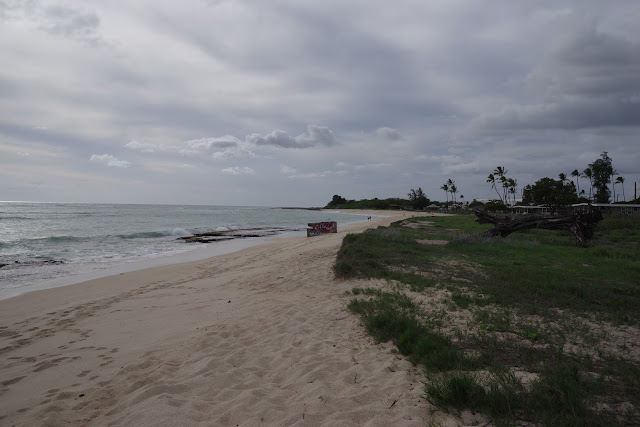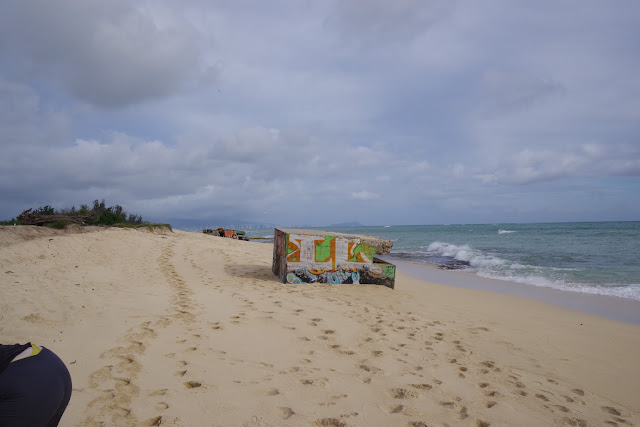Well worth reading:
You can see my reply there as well, which I've set out again here:
"Last year it would have not been a problem but this year I'm not in great shape due to family issues"
Me too, except it's my own health, starting with a surgery in October 2022, and another in August. Haven't really recovered, although I should have.
Maybe you never really do.
Anyhow, was walking out of the high country at a pretty good clip as a rainstorm came rolling in. Lost my footing on a rock, fell, rolled over, and cut myself pretty bad. Just me and the dog. No cell reception, and I've given up carrying my gmrs radio as there's nobody to call if I'm hunting alone.
Rolled over, wasn't damaged and hiked out bleeding. It hasn't been a great year.
Glad you were okay.
I don't mean to be hijacking somebody else's blog, but since October 2022 I haven't been myself. I wrote previously on my surgery followed by a second surgery. Since the first surgery, my digestive track hasn't recovered, and it's clear that it's not going to. I'm sick every morning. Not some mornings, every morning, save, oddly enough, for a few days I spent at trial where I couldn't afford to be.* Most days I'm better off not eating any breakfast anymore, as it's just going to make me sick. I was already developing an intolerance to milk, but now it's through the roof. I can't even eat cereal with a little milk. The stuff I'm used to eating in the morning, which was always a pretty light meal, is a no-go completely now.
And the second surgery resulted in a medication that I'm pretty sure isn't adjusted right, right now. Everyone has told me how thyroid medication is supposed to make you feel great and give you energy. Well, that isn't working for me. Researching it, there are a tiny minority of people who actually never feel good following a thyroid surgery and for whom the medications don't work to address that. Given that almost no medication ever works well for me, I wouldn't be at all surprised if that was me. Hindsight is 20/20, but I really wish I'd foregone that surgery now and have borne the risk of cancer instead. At age 60, and from a short-lived group, the risk probably was worth it.**
Worst of all, frankly, being sick all the time impacts your attitude in ways you can't really appreciate until it's obvious. I've been there recently. Short-tempered and not having a good long term outlook. At work the other day I blew up on two colleagues who have been running a really irritating religious debate for years, in the hallway, for what they conceive to be the entertainment of the unwilling listeners. Our poor Mexican runner has to listen to this constantly, and I finally had enough and just exploded on them. The point isn't that their juvenile behavior was okay, but that my reaction was so stout.***I shouldn't have done that, and that's just a minor example.
I usually look longingly forward to hunting season, but this year I've just not been too motivated after a certain point. Being tired has a lot to do with that. And when you are like that, you are a pain to those around you, at least to some extent. Some can see and appreciate that, others not so much. It's hard to appreciate it yourself until something forces you to. I looked forward to all summer to the season, and enjoyed deer hunting, but usually by now I've done a pile of duck hunting. I've gone this year. . .twice. Every Saturday, the dog looks at me with confusion. The funny thing is that all week long I still look forward to getting out, but when the weekend comes, I go down to work like old lawyers do, and when Sunday comes, well I haven't gone to Mass the night prior, so I get a late start doing whatever I'm going to do.
As noted above, not only am I tired, but I'm not in shape the way I usually am. I've fallen so rarely out in the sticks that as a short person, I'm one of those people who were sort of goat like, climbing in terrain where hunters and fishermen wouldn't normally go and not worrying about it even though it was patently dangerous. As a National Guardsmen, I recall once somebody remarking how me and another NCO were mysteriously able to negotiate difficult terrain at night, silently. We were both avid hunters. To take a fall, and a pretty bad one, on terrain that I'd been over a million times was a shock.
I was actually quite lucky at the time. I was all alone, taking a path that I normally would not have, although as noted I've been on it many times before. There was a thunderstorm coming in. I was carrying a loaded shotgun. I fell, and, recalling the plf ***I learned so many years ago, rolled out of it, but not before I'd scrapped myself up pretty badly. I wasn't sure at first if I'd broken anything. I had my cell phone, as noted, but no reception, so I couldn't have called for help if I wanted to. I usually carry a handheld GMRS radio, but I've quit recently as if I'm alone, who am I going to radio to?
Hors de combat, after it started to heal.
Sic transit gloria mundi.
I can recall my father getting like this when he was almost the exact same age I am now. He died two years later. He seemed pretty old at the time, so I wasn't hugely surprised. I guess it's like the Hendrix song, "You may wake up in the morning, just to find that you are dead".
Of course, he was gravely ill for months prior to that. In retrospect, however, it all started for him with a colonoscopy, the same way that this has started for me. I recall him remarking as he was in the hospital on how all of his mother's ailments were now visiting him. She died, if I recall correctly, at 65.
In my mind, I always imagined that at some point after I had reached retirement age, which I have not yet, I'd retire to a life of full time outdoorsman. Not too many people do that. There may be a reason for that. Some of us are luckier as we age than others.
Oh well, nature has a way of waking you up and reminding you that some things need to be done. Getting sick? Quite doing what you are doing, refocus, and soldier on. Get a grip, reform, reform, and keep on keeping on, but mindful of errors and omissions.
Footnotes
*I've long noticed for some reason a person's system will suppress symptoms of almost any illness when you absolutely have to keep on, keeping on. Usually things come back with a vengeance, or at least fatigue, when the crisis has passed.
**This is not intended to be advice for anyone else, I'd note.
***Re the argument, the entire facility had grown extremely tired of it and the shutting them up was welcomed, save by one of the arguers, who may be permanently mad at me. Showing my presently poor mental outlook, I don't care. I'm tired of hearing minority religions insulted when some of the employees belong to them, and I'm tired of having my own faith routinely insulted, which I've endured now for decades. And while I'm a serious if imperfect orthodox Catholic, I'm also tired of one of these individuals, who isn't that good at arguing, turning to religious topics no matter what is being discussed, to include my assistant simply taking her shoes off in her office the other day, which would not normally lead to a Biblical discussion, but of course did.
I've also had it with somebody thinking that mocking the Spanish language is funny in front of somebody who's an immigrant.
***Parachute Landing Fall. I learned this, oddly enough, while I was a CAP cadet.









































